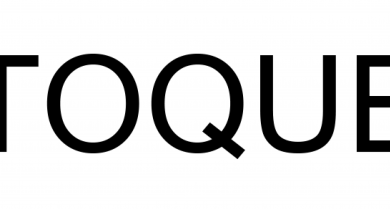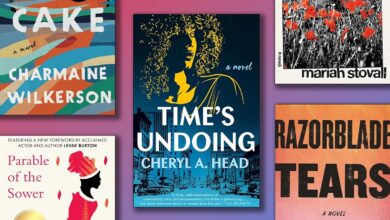12 Life-Changing Books That Changed Me in Ways I Didn’t Notice Until Later | Books
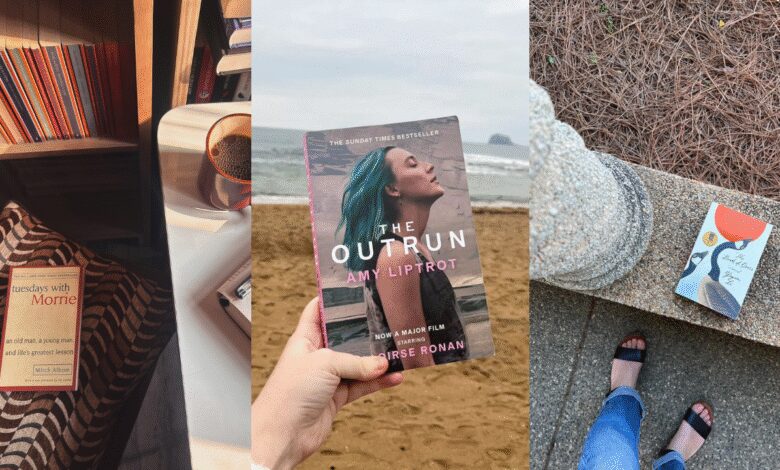
12 Life-Changing Books That Changed Me in Ways I Didn’t Notice Until Later (Picture Credit – Instagram)
Some books don’t strike like lightning. They move slowly, quietly, like a tide. You finish them, place them back on the shelf, and move on. Weeks later, something they said returns to you in a conversation, a moment of silence, a decision. These are the kinds of books that don’t demand change; they plant it. Their wisdom doesn’t dazzle or shout. It lingers, waiting for you to catch up. The following twelve life-changing works did that for me. They are calm, deliberate, and deceptively simple. Each one left behind something lasting, a shift in how I think, listen, and live.
1. Nothing Special: Living Zen by Charlotte Joko Beck
Charlotte Joko Beck’s Zen teachings are rooted in the ordinary. She writes not about enlightenment as escape but as attention — washing dishes, listening to anger, sitting in discomfort. Her voice is gentle, pragmatic, and almost startlingly clear. This isn’t a book that changes you overnight. Instead, it softens your reactions to life’s chaos until you start meeting difficulty with quiet steadiness instead of resistance.
2. The Cost of Living by Deborah Levy
Levy’s memoir of rebuilding her life after divorce is both fierce and graceful. She writes about womanhood, art, and autonomy with razor-sharp calm. Her sentences feel like small acts of liberation, and the power of her reflection unfolds slowly. It’s not a story about loss but about reclaiming selfhood. You finish the book and realise it has rewritten your definition of independence.
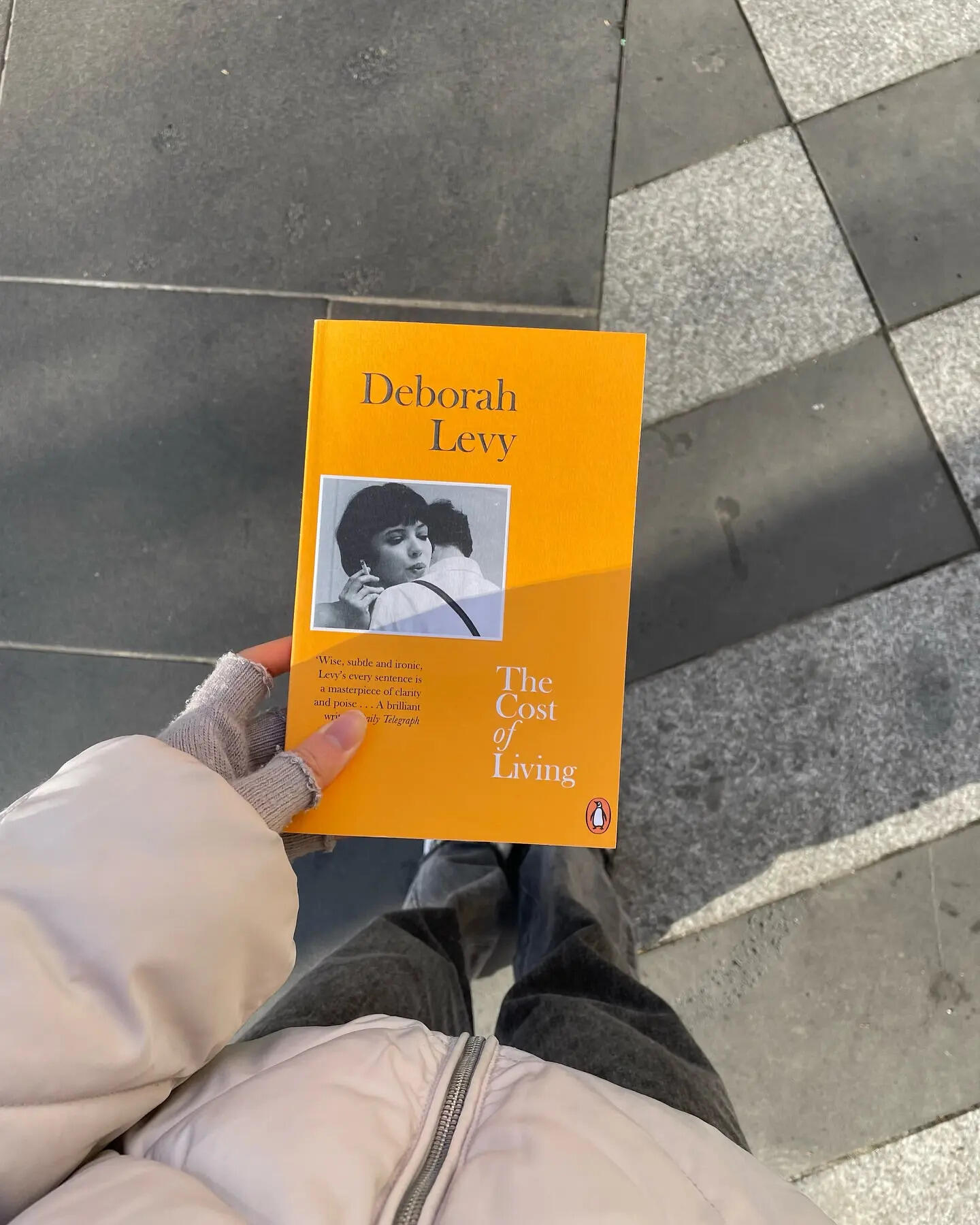
3. How to Be Animal: What It Means to Be Human by Melanie Challenger
Melanie Challenger examines how humans separated themselves from nature and the quiet damage that separation causes. With poetic precision, she shows that our unease comes from pretending we are more than flesh. The transformation this book offers isn’t intellectual but instinctive. You begin to feel kinship, not dominion — a subtle but profound recalibration of what it means to belong on this planet.
4. The Artist’s Way by Julia Cameron
At first glance, Cameron’s book seems like a manual for blocked creatives. But her rituals — morning pages, small acts of courage, and daily self-conversations become spiritual exercises. Over time, the process dismantles fear and perfectionism, leaving behind quiet confidence. You don’t notice the change until you start trusting your instincts more than your inner critic.
5. How We Die: Reflections on Life’s Final Chapter by Sherwin B. Nuland
A surgeon who has seen death countless times writes not with detachment but with tenderness. Nuland demystifies dying, stripping it of drama and sentiment. His honesty offers not despair but peace. It’s a book that sits silently inside you, helping you see mortality not as an end but as a shared truth, one that deepens your empathy for the living.
6. Writing Down the Bones by Natalie Goldberg
Goldberg turns writing into meditation. Her essays urge you to write as a way of being alive, to approach creativity not as performance but as practice. The more you return to her words, the more you find them shaping your patience and attention. What begins as advice for writers becomes a philosophy for anyone seeking presence in a distracted world.
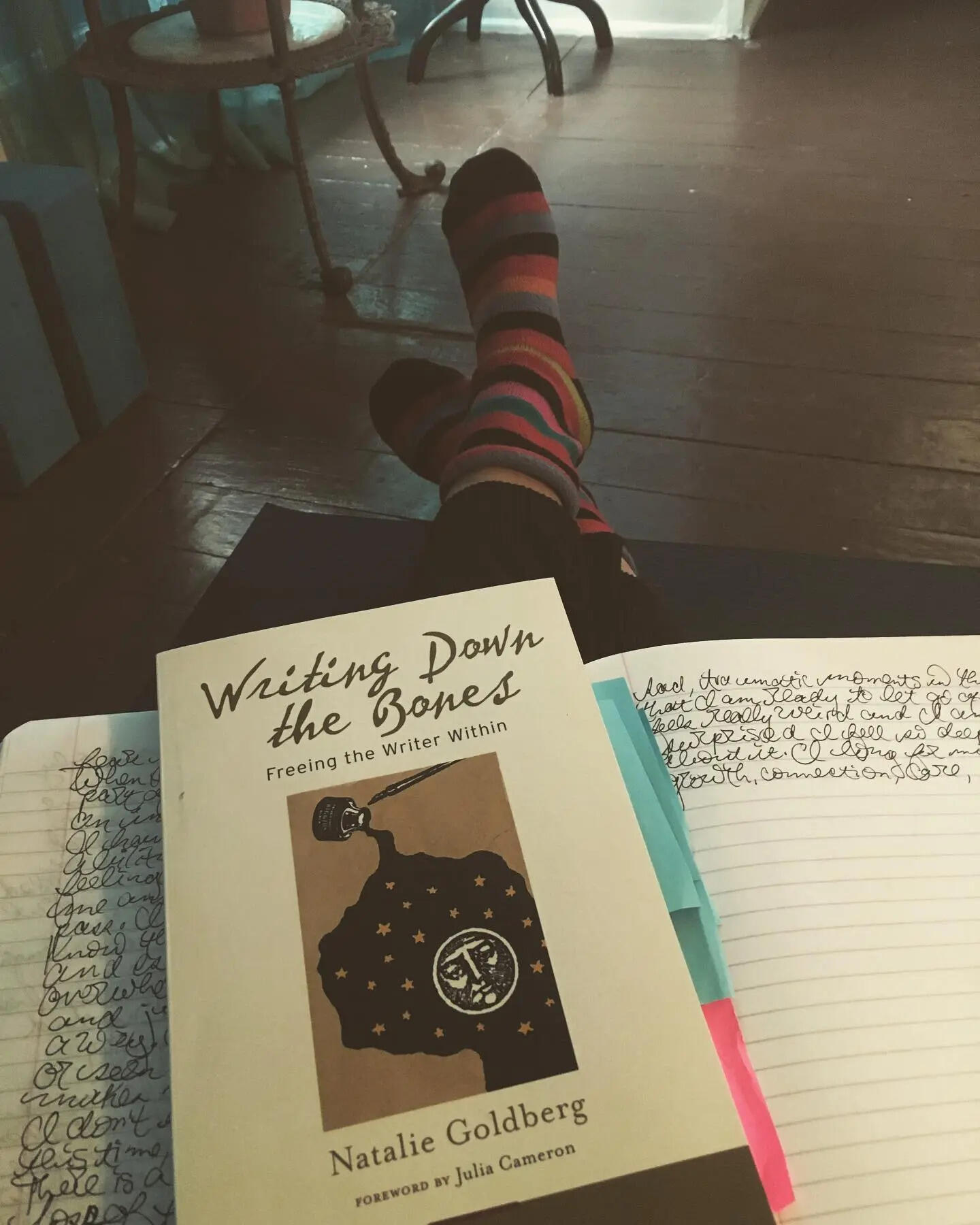
7. The Book of Goose by Yiyun Li
Li’s exploration of memory, friendship, and authorship unfolds quietly but lingers powerfully. Beneath its narrative lies a meditation on storytelling on how we invent ourselves to survive. Its ideas about truth, imagination, and ownership reveal themselves slowly, long after the story ends. You don’t read it for answers; you read it for awareness.
8. On Freedom: Four Songs of Care and Constraint by Maggie Nelson
Maggie Nelson examines freedom with rare clarity. She doesn’t romanticise it; she questions it. Her essays explore how freedom interacts with love, addiction, art, and empathy. The effect isn’t immediate. It gathers weight over time, urging you to see that real freedom isn’t escape but connection, the courage to act with care rather than impulse.
9. The Outrun by Amy Liptrot
In this luminous memoir, Amy Liptrot returns to the wild Orkney islands after years of addiction, finding healing in wind, sea, and solitude. Her writing feels elemental — raw, clean, and alive with renewal. Without offering advice, she reveals how recovery is not a straight line but a series of quiet returns to self and nature. It’s a book that makes you believe in starting over, not through grand effort, but through presence.
10. Tuesdays with Morrie by Mitch Albom
Through a series of conversations between a dying professor and his former student, Mitch Albom captures the essence of what it means to live fully. The book distils lessons on love, kindness, and letting go, without ever feeling sentimental. Its warmth unfolds slowly, shaping how you treat others and yourself. Morrie’s wisdom doesn’t lecture; it whispers. Days later, his words surface unexpectedly, reminders that meaning lives in small, sincere moments.
11. The Art of Bitfulness: Keeping Calm in the Digital World by Nandan Nilekani and Tanuj Bhojwani
In an age of constant connectivity, Nilekani and Bhojwani offer a refreshing philosophy of mindful digital living. Instead of rejecting technology, they show how to use it consciously, with intention and clarity. The writing is calm, intelligent, and deeply practical. Over time, their insights begin to influence your daily rhythm, how you scroll, focus, and rest. It’s a rare technology book that doesn’t overwhelm but restores balance between attention and awareness.
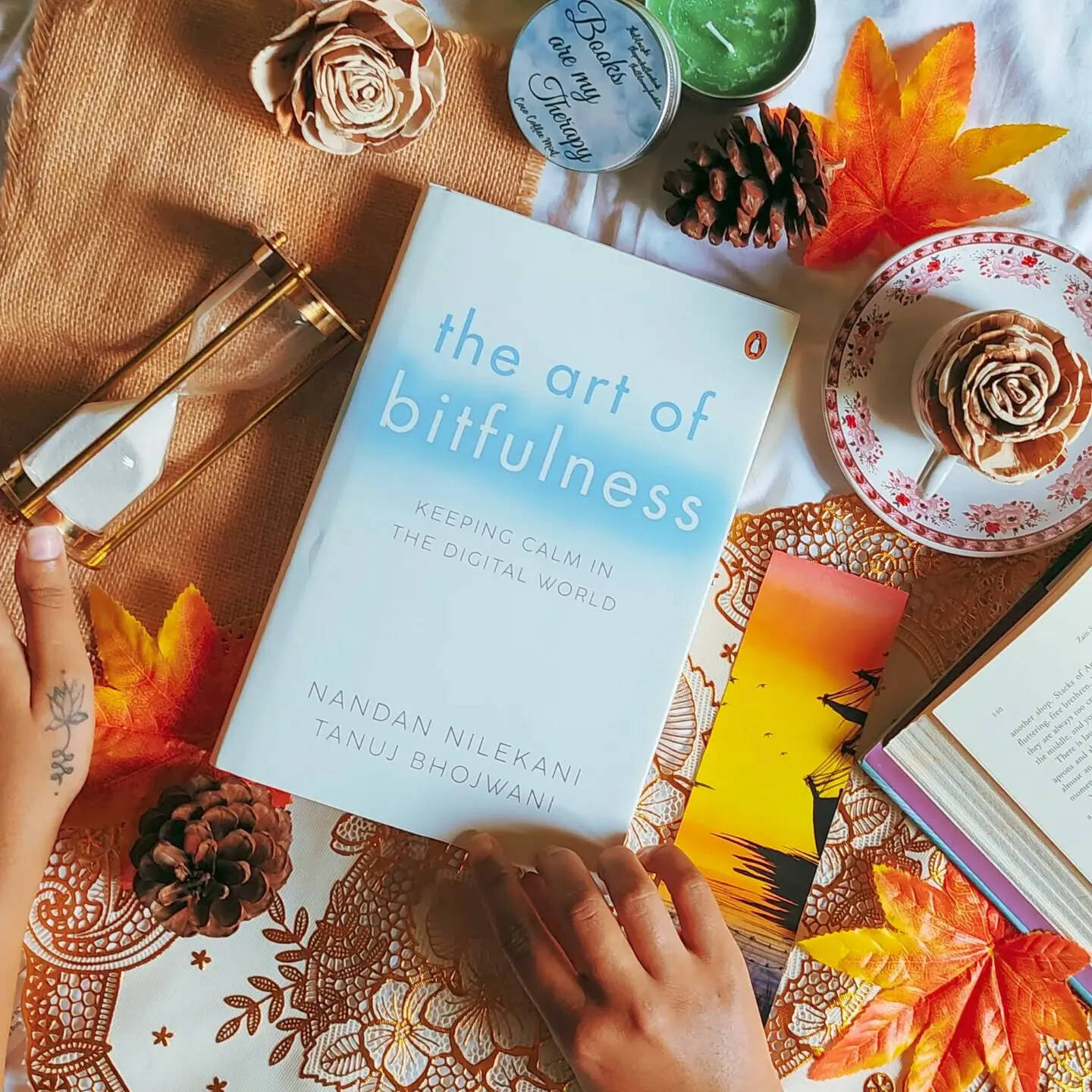
12. The Cost of Living Well by Andrew Leigh
Economist and politician Andrew Leigh writes about the moral foundations of a good life with quiet conviction. His essays explore fairness, empathy, and civic decency not as lofty ideals but as daily practices. Leigh’s reflections build slowly, urging readers to find meaning in integrity rather than achievement. The impact lies in its modesty, an invitation to build a kinder world one small act at a time. It’s thoughtful, grounded, and quietly radical.
None of these books offers instant transformation. They work like time itself — steadily, invisibly, reshaping the contours of your thoughts. You realise their power only later, in how you pause before reacting, how you notice beauty in repetition, how you value silence more than noise. Their lessons live quietly in the background, guiding choices without demanding credit. In a world obsessed with quick results, these books remind us that the most enduring changes rarely announce themselves. They unfold softly, in ways we only understand once we’ve already changed.
Source link


